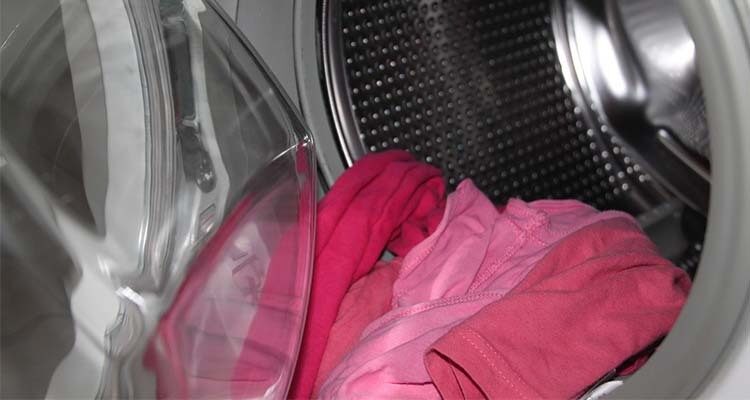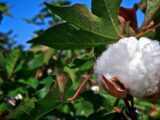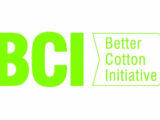
As the issue of microplastic pollution has become a key topic for the textile industry, Australia's Cotton Research and Development Corporation in partnership with Cotton Incorporated, funded a study to examine this issue for cotton as opposed to other fabrics.
The study was conducted by the North Carolina State University and examined how many microfibers were generated from laundering different fabrics, and their subsequent biodegradability. It found that cotton degraded substantially in aquatic environments and polyester barely degraded at all.
The impacts of microplastics include:
- Weathering – plastic debris is broken down into smaller particles
- Sedimentation
- Adherence to surfaces
- Ingestion by invertebrates and fish
- Infiltration in the entire food web by predation of these organisms, potentially affecting birds, marine mammals and also humans
The study examined both small scale (experimental) and home laundering effects. The first part of the study sought to quantify the volume of microfibers shed during laundering. It found that laundering at small scale generated 0.5-4mg of microfibers and 5000-15000 microfibers per gram of fabric. Home laundering generated 0.01-0.1mg of microfibers per gram of fabric (40 times less).
Cotton and rayon release more microfibers than polyester per mass of fabric washed and dried, and lower tensile and abrasion properties predict higher amounts of microfiber generation in laundering.
The second part of the study examined the aquatic biodegradability of these microfibers and found that cotton was the most biodegradable of all the materials tested.
The final percentage of biodegradability in the materials tested was:
- Cotton yarns 76%
- Rayon yarns 60%
- 50:50 Polyester-cotton yarns 40%
- Polyester yarns 4%
The team is now conducting further research to simulate the biodegradation process in real aquatic environments, using river, lake, or sea water; and to evaluate the fate of a microfiber in the wastewater plant (lab or field samples).






